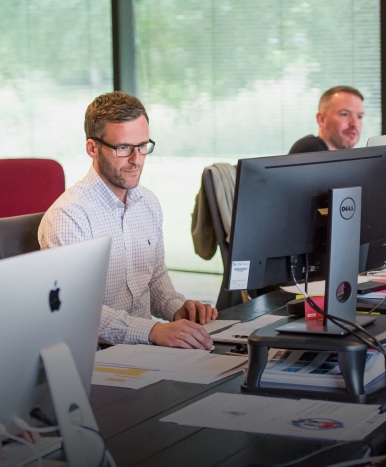ING Recruitment Process 2025
 62 Tests · 800+ Questions
62 Tests · 800+ QuestionsExplore ING detailed recruitment process (updated 2025) and practice ING online tests.

About ING
The ING Group (Dutch: ING Groep N.V.) is the largest banking group in the Netherlands. The acronym ING stands for Internationale Nederlanden Groep (International Netherlands Group). Its main operating regions are the Netherlands, Belgium, Luxembourg and Germany. Since 2011, it has been among the globally systemically important banks.
ING Group was formed in 1991 through a merger between NMB Postbank Groep and insurance company Nationale-Nederlanden. The group began its international expansion by acquiring banking, insurance and asset management companies in Belgium, the United States, Canada, Germany, Poland and other countries, in particular in 1995 it bought the assets of the bankrupt Barings Bank. During the global financial crisis in 2008, the group had to resort to financial assistance from the Dutch government and, under the terms of this assistance, it sold its subsidiaries in the US, Canada and the UK and separated its insurance business into an independent NN Group.
ING recruitment process in 2026
- Online application form
One of the first stages of the recruitment process is filling in the application form on ING Careers website.
The online application form is usually presented as a questionnaire with the option of importing data from a LinkedIn or CV file.
The applicant is required to provide information about work experience, education, skills and other necessary details.
There may be questions both about job preferences (e.g. desired type of employment, country and city of residence) and more personal questions (e.g. race and ethnicity, religion, disability)
- Online tests
The next stage of the ING recruitment process is an online assessment. The candidate will be sent an email invitation to complete ING tests.
ING uses different types of recruitment tests to assess candidates and their suitability for the position they are applying for.
Candidates are most often asked to complete the following tests:
Numerical reasoning tests are standardised psychometric assessment tools that help ING determine a candidate's ability to work with numbers and graphs, make good decisions and draw conclusions based on numerical or statistical data. The tests simulate the work environment and goals of a prospective employee. Try our Free sample Numerical reasoning test.
Verbal reasoning tests allow ING to determine a candidate's ability to perceive and analyse verbal information and to draw conclusions. Free sample Verbal tests are available to practice here and here.
Logical (inc. Diagrammatic and Inductive ) reasoning tests are designed to assess the candidate's ability to work with abstract information. ING Logical assessment may consist of special diagrams, geometric shapes and other lined-up images, where a candidate has to continue the row in a logically correct way. Here you can practice a Free sample Logical test, a Free sample Diagrammatic test, and a Free sample Inductive test.
Situational judgement tests consist of short simulated scenarios that define a working style and assess specific tasks in a working environment. ING Situational tests are used to assess applicants' competencies, communication skills, motivation, and preferred styles of problem-solving. Try our Free sample Situational judgement test before taking the real one.
Mechanical reasoning tests are designed to assess candidates' critical and abstract thinking skills important for engineering and science-related positions at ING. Free sample Mechanical test.
- Phone / Video Interview
Successful candidates are invited for a 15-20 min. phone call.
Soft skills are usually assessed during this call by the ING recruiter.
In some cases, ING hiring manager may invite you for a video interview (most commonly conducted with HireVue.) For software engineering positions, candidates may be asked to complete a coding challenge (problems on algorithms + take-home challenges.)
- Assessment centre
Successful candidates are invited to visit the nearest ING headquarters or office.
Candidates will have a chance to personally meet the hiring manager, team leaders and seniors during the assessment day.
ING may organise a group exercise with candidates as part of the hiring procedure.
- Partner interview
The final stage of the recruitment process.
The candidate will have a chance to meet the hiring manager, department director and/or division lead.
Normally, there is no assessment at this stage.
Candidates are mostly expected to demonstrate soft skills and a desire to join ING.
Useful ING links
Free ING tests
Latest ING news
Stay up to date with the latest news about ING
Loved by people like you
More ING online tests
We're here to help you
Chances are high that your question is already answered on our FAQ page. If not, feel free to contact us anytime.
 40% OFF
40% OFF